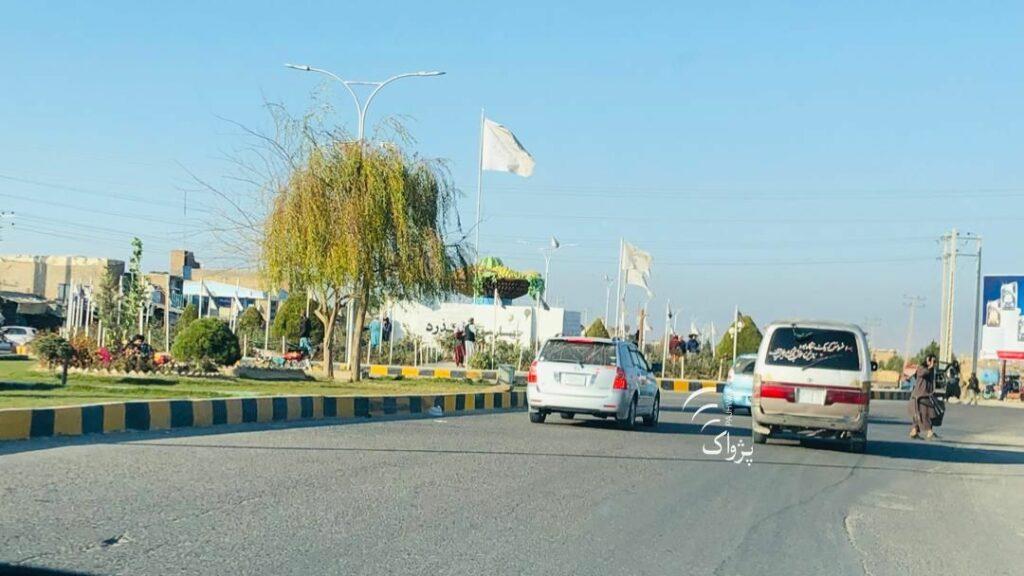HERAT CITY (Pajhwok): The number of students studying journalism has drastically decreased in western Herat province where no student applied for the faculty this year, officials of private universities said on Monday.
Ali Ahmad Sattari, the chancellor of Kehkashan Sharq private university told Pajhwok Afghan News that the administration of his university has omitted the department of journalism as there were no applicants.
Apart from the Kehkashan Sharq University, except the public sector university in Herat province, two other private universities took similar steps and omitted journalism from their universities, Sattari said.
Meanwhile, some students of journalism confirmed that students selecting the field had decreased in Herat and they were uncertain about their future and followed their studies without motivation.
Maiwand Zamani, a student of the journalism faculty at the government university, told Pajhwok that tough working conditions for media and journalists in the country had discouraged students to select the field.
According to Zamani, some of his classmates abandoned studying journalism and switched to other departments foreseeing lack of jobs.
Mohammad Afzal Salihi, another journalism student, said after the imposition of restrictions on journalists, especially on female workers, concerns and uncertainty about the future of the profession had increased.
Salim Sadeed, chief editor of Dunia-i-Naw Radio Television, said the decrease in the number of journalism students would reduce the power of the media in future.
“If the same situation continues, media outlets after a few years will be forced to rely on non-professional employees”.
Some journalists also say media outlets in Herat have decreased the number of their employees, which has a negative impact on the minds of students to choose journalism as a profession.
Rohullah Danish, a reporter with Dunia-i-Naw Radio Television, said economic problems being faced by media outlets, imposition of restrictions, ban on girls’ education at school and university level, imposition of restrictions on the work of females in media were among issues that disheartened journalism students.
Ahmad Shah, the head of Dunia-i-Naw Radio TV, told Pajhwok that due to economic problems, he dismissed several of employees who worked with him.
He said economic problems forced some other journalists to leave their field and find jobs for themselves in other fields.
But MaulanaNaeemUlhaqHaqqani, the provincial head of Information and Culture department, expressed his support for loyal, sensitive and hardworking journalists and media outlets and asked all media outlets to organize their publications within the framework of Sharia and broadcast social and Islamic programs.
Prior to the political change in the country, more than 70 video, audio and print media outlets were operating in Herat province, but after the imposition of restrictions on journalists especially on female journalists, about 70 percent of the media outlets were closed.
According to media officials, if the restrictions continue, many media outlets will not be able to operate and provide information.
aw/ma








GET IN TOUCH
NEWSLETTER
SUGGEST A STORY
PAJHWOK MOBILE APP